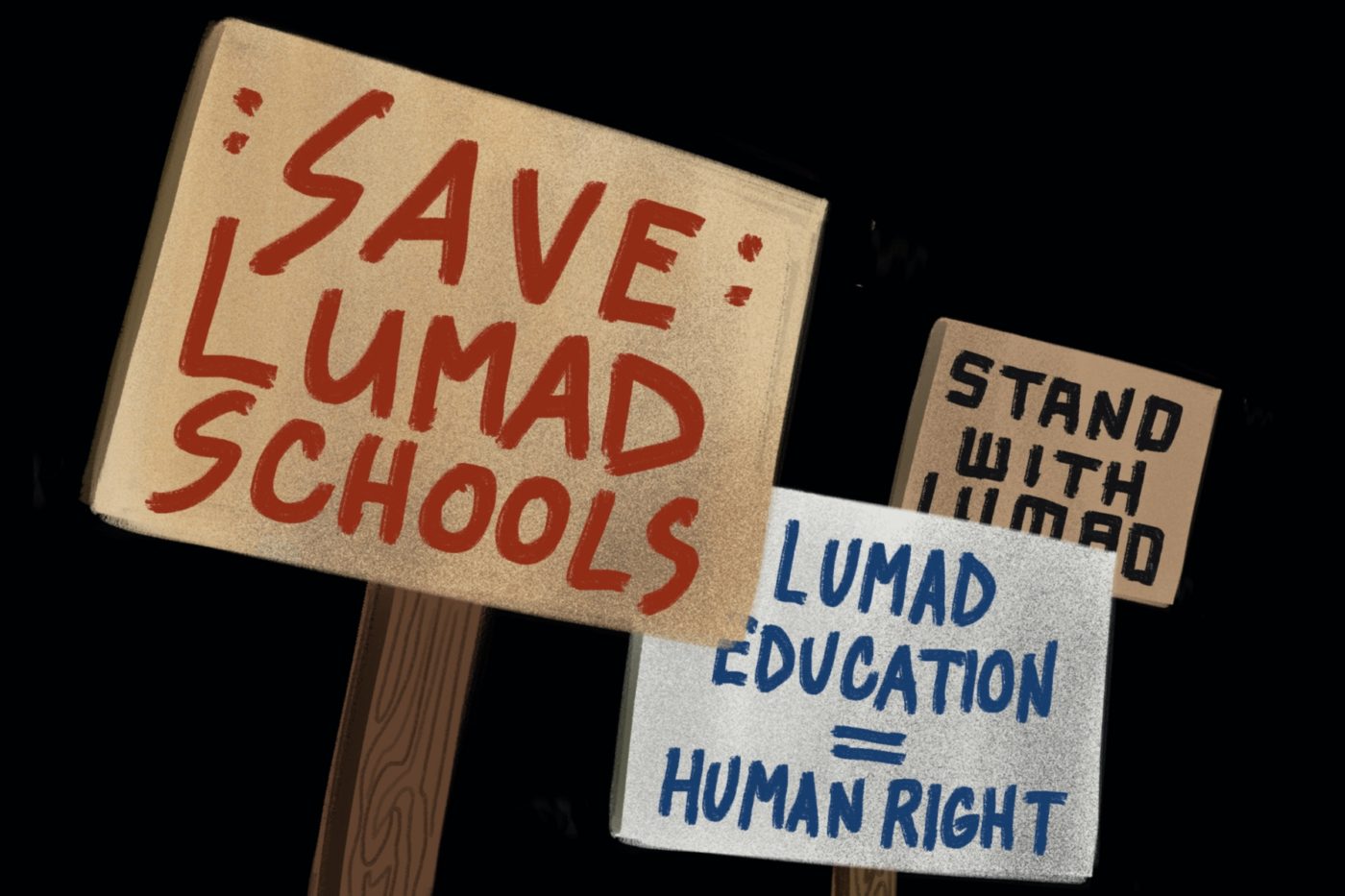ON OCTOBER 8, the Department of Education (DepEd) ordered the closure of 55 Lumad schools run by Salupongan International. Military officials claim the New People’s Army used the schools as a platform for their subversive propaganda. Though this claim has drawn the most attention and criticism, DepEd argued that their ruling was also for the school’s alleged violations of DepEd curriculum standards and administrative lapses such as the hiring of unlicensed faculty.
The move was slammed by groups like Save Our Schools (SOS), an organization that fights against violations to children’s right to education, and the Commission on Human Rights (CHR) as it threatens access to education for Lumad students.
Public response
DepEd’s ruling was met with public backlash and calls for DepEd Secretary Leonor Briones to resign due to the perceived injustice to Lumad students. After the closure, SOS issued a statement saying it “[is] enraged over the decision,” calling the military’s claims “malicious and false.” SOS called the DepEd fact-finding team’s report “baseless [and] partial” as it only investigated one of the 55 schools.
The CHR’s press release shared similar views. In the release, Commissioner Gwendolyn Pimentel-Gana said the move violates the children’s right to education, citing the Special Protection of Children in Situations of Armed Conflict Law, which shields children from “all forms of abuse and violence,” including recruitment into armed groups. She argued this must not “come at the expense of their other rights, as such the right to education.”
In response to the criticism, DepEd insisted that due process was followed in the ruling. Briones cited evidence of rebel ties in a report by National Security Adviser Hermogenes Esperon Jr. and the advice of the fact-finding team to close the schools as just cause for the ruling. Esperon said the move was to “protect the nation’s children from recruitment into armed groups.”
Barriers to education
Lumad learners still lag in their studies compared to people of Moro or Christian backgrounds due to hurdles like harassment from state forces and limited support for indigenous peoples’ (IPs) education. Though House Bill 4415 was filed in 2016 to give IPs the right to “control their educational systems and institutions,” recognize IP-centered curricula, and provide scholarships for IPs, no such law has been passed as of writing.
The lack of movement on the aforementioned bill and the imposition of martial law in Mindanao in 2017—which allowed the army to act with impunity in the interest of —saw an increase in the militarization of the Lumad schools. As of July 2019, SOS reported 35 instances of schools being used as camps by state forces since May 2017. SOS has claimed that in the same period, there were 236 incidents of harassment at the hands of state forces and 13 extrajudicial killings of students and staff.
The closure of the Salupongan schools presents a setback for a region seeking more inclusive growth. It is also a test of DepEd’s commitment to providing quality education to all Filipinos, including Lumad students.
What do you think about this story? Send your comments and suggestions here: tgdn.co/2ZqqodZ




